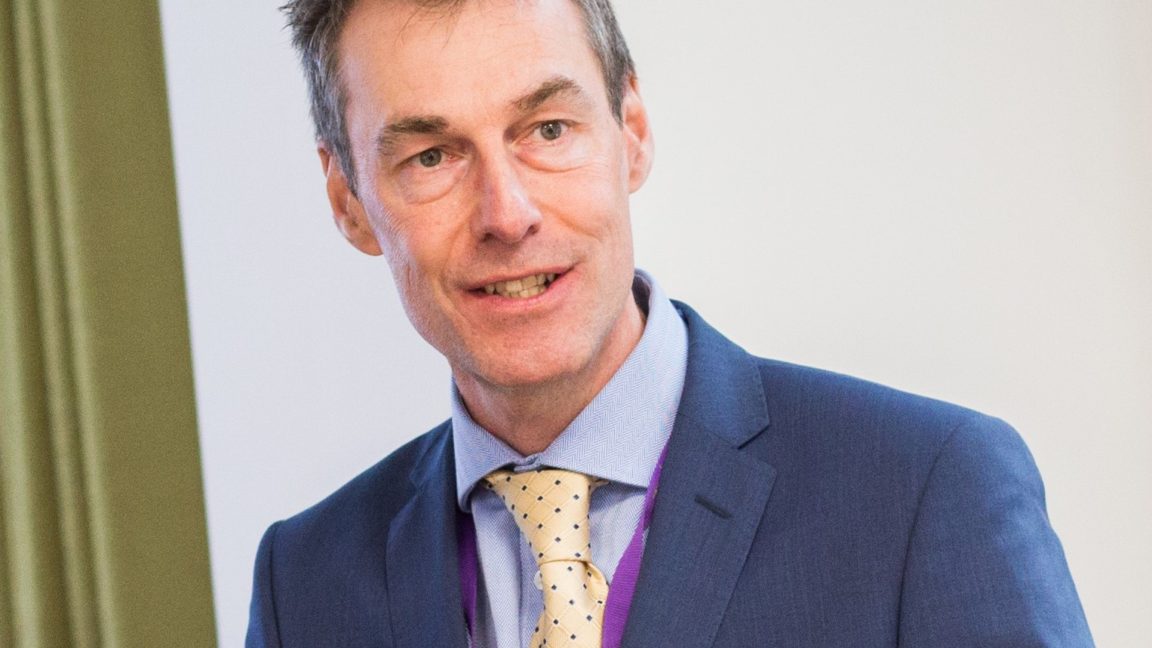Opening doors to better business engagement
Dr Julian Sorrell is Business Development Manager at Leeds Beckett University and has overseen the University’s engagement with the Translate programme.
As an institution, Leeds Beckett University is benefitting hugely from Translate – in part because the programme’s approach very closely mirrors our own, with an emphasis on bringing together effective partnerships to co-develop innovative new products and services.
Establishing effective networks
An important part of Translate is its ability to create a collaborative environment. We’ve certainly expanded our network of relevant business contacts through engagement with the Translate programme – and this is an area where Leeds Beckett already takes an innovative approach.
One example is our University Business Centres (UBCs), set up, not on our campuses like many universities, but across West Yorkshire. These act as shopfronts for the University, offering business space, support and training and helping us to have a wider reach, particularly to SMEs. The UBC in Leeds is focused purely on digital technology: maybe one day it will house a start-up that we can trace directly back to the Translate programme.
Co-developing solutions
But business engagement is only one part of the picture for medtech innovation – the collaboration has to include clinicians and end users, often patients or those with long-term conditions. Again, this is an area where we had already been developing new approaches, that have a direct synergy with Translate. We co-funded, for example, a post with Assistive Living Leeds (ALL), an arm of Leeds City Council that deals with assistive technologies and support for people with disabilities and the elderly. This led to the creation of ALLINN – the Assistive Living Leeds Innovation Lab – which provides end-user consultation and needs analysis services to companies developing assisted living technologies.
In 2016, Translate worked with ALLINN to run a workshop on assistive technologies, one of a series of similar workshops bringing academics, clinicians, industry and end users together to identify unmet clinical needs and potential technologies to address them. We recognised the value of this model and so made sure our academics took part in as many of the workshops as possible, creating connections and making new contacts in different client and end user groups. Although of course, not all the workshops led to projects and technologies being taken forward, they did create the right environment, so multi-disciplinary teams could be put together quickly to assess opportunities.
Creating a two-way knowledge exchange
At Leeds Beckett, most of our research is already very applied. But, however experienced they might be, academics rarely have all the skills they need, all the time. Translate has allowed us to increase the level of skills within the University around key technology areas, through secondments with companies or clinical partners – or even other universities. Too often knowledge exchange is seen as one way: academics sharing their expertise. But through Translate, the knowledge exchange has been inward, helping our academics gain the skills they need to progress an medtech idea.
We’ve benefitted in the Business Development Team as well, in particular from the additional IP support available through Translate. The programme has provided tools and expertise to help us analyse business propositions more rapidly, to assess commercial potential and identify next steps, particularly around patient and clinical engagement. We’ve been able to speed up our processes as a result, something that will continue to bear fruit in the future. Above all, our aim is to meet the needs of the region’s business. Through partnerships like the one we’ve established with Translate, we can ensure our contribution delivers real impact.

